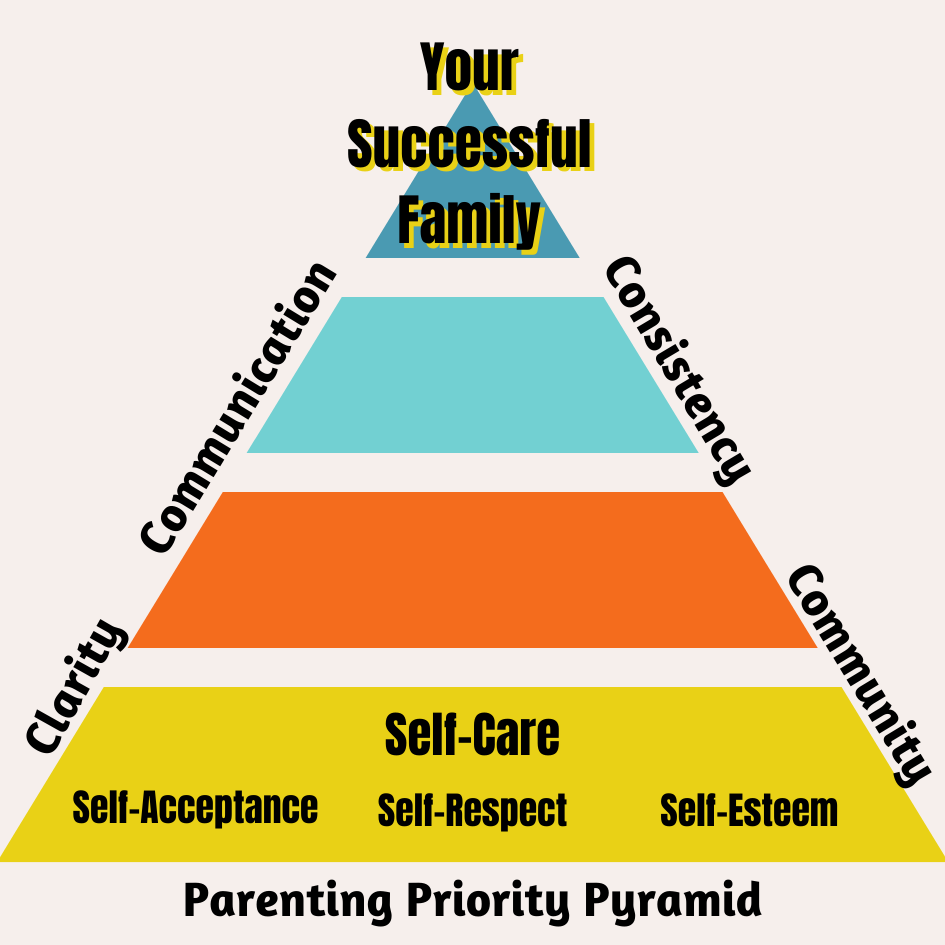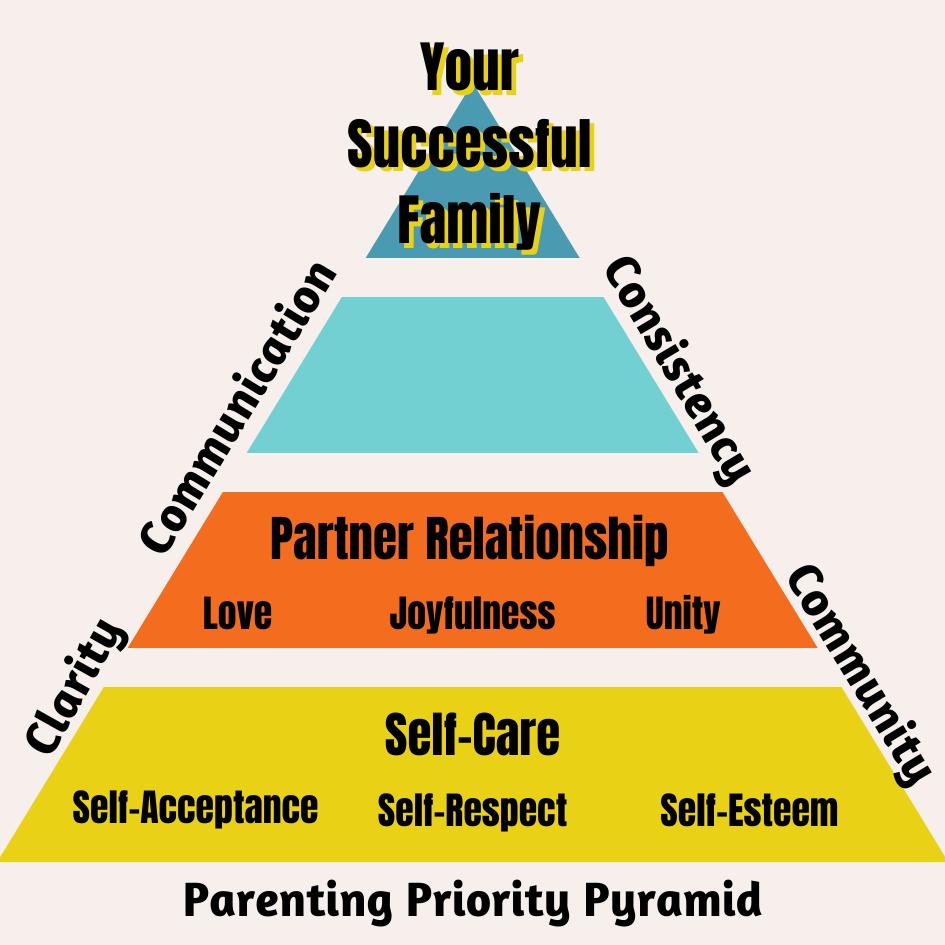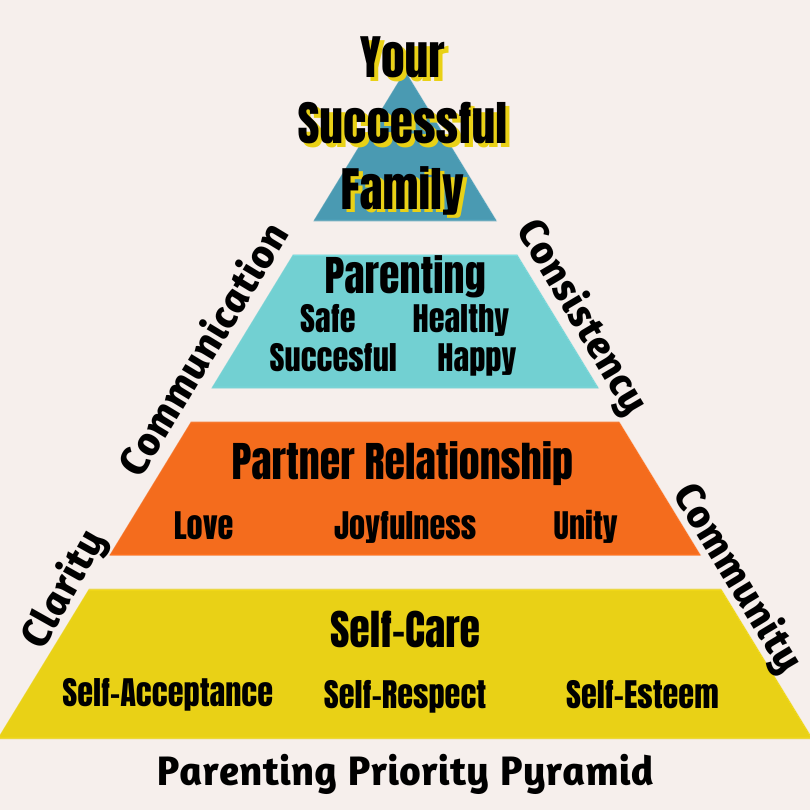
The Self-Discipline Secret: Key to a Thriving Marriage
Maintaining a healthy and fulfilling relationship requires effort and commitment, especially in the context of marriage. Self-discipline is a powerful tool that married couples can leverage to strengthen their bond, navigate challenges, and foster a loving and supportive partnership. Here are some ways married couples can use self-discipline to maintain a healthy relationship:
1. Prioritize Quality Time Together
Self-Discipline Application:
In today’s fast-paced world, it’s easy for couples to get caught up in their daily routines and neglect spending quality time together. Self-discipline involves making a conscious effort to prioritize time for each other amidst busy schedules. This might mean scheduling regular date nights, setting aside time for meaningful conversations, or engaging in activities that you both enjoy.
Practical Tips:
– Set a recurring date night, even if it’s just a few hours at home without distractions.
– Establish a daily or weekly ritual, like a morning coffee together or an evening walk.
– Turn off electronic devices during meals or designated times to focus on each other.
2. Communicate Openly and Honestly
Self-Discipline Application:
Effective communication is the cornerstone of any healthy relationship. Self-discipline involves practicing active listening, expressing your feelings honestly, and addressing issues promptly rather than letting them fester. This requires the discipline to pause, think before speaking, and approach conversations with empathy and respect.
Practical Tips:
– Set aside time for regular check-ins where both partners can share their thoughts and feelings.
– Use “I” statements to express feelings and avoid blaming language, such as “I feel…” instead of “You always…”
– Practice active listening by fully concentrating, understanding, responding, and remembering what your partner says.
3. Manage Conflicts Constructively
Self-Discipline Application:
Disagreements are inevitable in any relationship, but how couples handle conflict can significantly impact their relationship’s health. Self-discipline involves staying calm, avoiding reactive behavior, and focusing on finding solutions rather than winning arguments. It requires patience and the ability to see things from your partner’s perspective.
Practical Tips:
– Take a break if a discussion becomes too heated, and return to it when both partners feel calmer.
– Approach conflicts with the mindset of working together to find a solution that satisfies both parties.
– Avoid bringing up past grievances that are unrelated to the current issue.
4. Practice Forgiveness and Let Go of Grudges
Self-Discipline Application:
Holding onto grudges can damage a relationship over time. Self-discipline involves practicing forgiveness, which means letting go of past hurts and moving forward together. It requires understanding that everyone makes mistakes and focusing on the present and future rather than dwelling on the past.
Practical Tips:
– Have an open conversation about the hurt feelings, focusing on healing and moving forward.
– Remind yourself of your partner’s positive qualities and the reasons you value the relationship.
– Make a conscious decision to forgive, even when it’s challenging, and commit to not bringing up the past in future disagreements.
5. Support Each Other’s Personal Growth
Self-Discipline Application:
A healthy relationship allows both partners to grow individually while growing together as a couple. Self-discipline involves supporting each other’s goals and dreams, encouraging personal development, and celebrating achievements. It requires the discipline to balance your needs with those of your partner and the relationship.
Practical Tips:
– Discuss each other’s goals and aspirations regularly and find ways to support them.
– Encourage your partner to pursue hobbies or interests that bring them joy and fulfillment.
– Celebrate milestones and successes, both big and small, and express pride in each other’s accomplishments.
6. Maintain Physical and Emotional Intimacy
Self-Discipline Application:
Intimacy is a vital component of a healthy marriage. Self-discipline involves making an effort to maintain both physical and emotional closeness, even when life gets busy or stressful. This requires prioritizing intimacy and finding ways to connect on both levels.
Practical Tips:
-Set aside time for physical affection, such as holding hands, hugging, or other expressions of love.
– Engage in activities that foster emotional intimacy, such as sharing your day’s highlights or discussing hopes and fears.
– Explore new ways to keep the spark alive, such as trying new activities or surprises for each other.
7. Set Boundaries and Respect Each Other’s Space
Self-Discipline Application:
Healthy relationships require respecting each other’s boundaries and personal space. Self-discipline involves setting clear boundaries and adhering to them, ensuring that both partners feel respected and valued. It’s about understanding when to give space and when to offer support.
Practical Tips:
– Discuss and agree on boundaries that make both partners feel comfortable and respected.
– Respect each other’s need for alone time or personal space to recharge and reflect.
– Communicate openly about what each partner needs in terms of space and support.
8. Cultivate Gratitude and Appreciation
Self-Discipline Application:
Expressing gratitude and appreciation strengthens the emotional connection between partners. Self-discipline involves regularly acknowledging and appreciating your partner’s efforts and qualities. It requires the discipline to focus on the positive aspects of the relationship and express appreciation consistently.
Practical Tips:
– Make a habit of expressing gratitude daily through words, gestures, or small acts of kindness.
– Reflect on the things you love about your partner and share them during conversations.
– Write occasional notes or letters expressing your appreciation and love.
Self-discipline is a powerful tool that married couples can use to maintain a healthy and fulfilling relationship. By prioritizing quality time, communicating openly, managing conflicts constructively, and practicing forgiveness, couples can strengthen their bond and build a foundation of mutual respect and love. Supporting each other’s personal growth, maintaining intimacy, setting boundaries, and cultivating gratitude further enhance the relationship’s overall well-being.
Incorporating self-discipline into these aspects of your marriage requires commitment and effort, but the rewards are well worth it. By working together and practicing self-discipline, couples can create a partnership that thrives on love, understanding and shared happiness.
Joe is a husband, father, grandfather, author, speaker, educator, course creator, and parent/family coach.
He helps parents develop unity, find clarity, communicate, and develop consistency in their parenting with the Four C’s of Successful Families. You can find his work on social media.
In addition, the Four C’s newsletter is enjoyed by many as it encourages parents to self-care, build their relationships with their partners, and raise their children.
And he loves to golf!









 3. Keep an Emotion Journal:
3. Keep an Emotion Journal:

